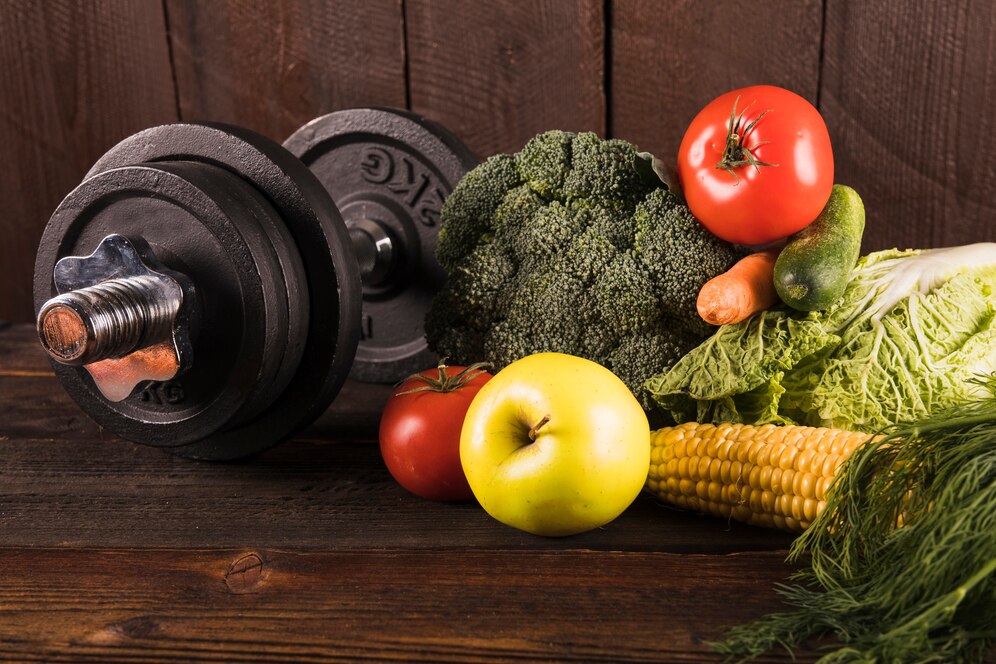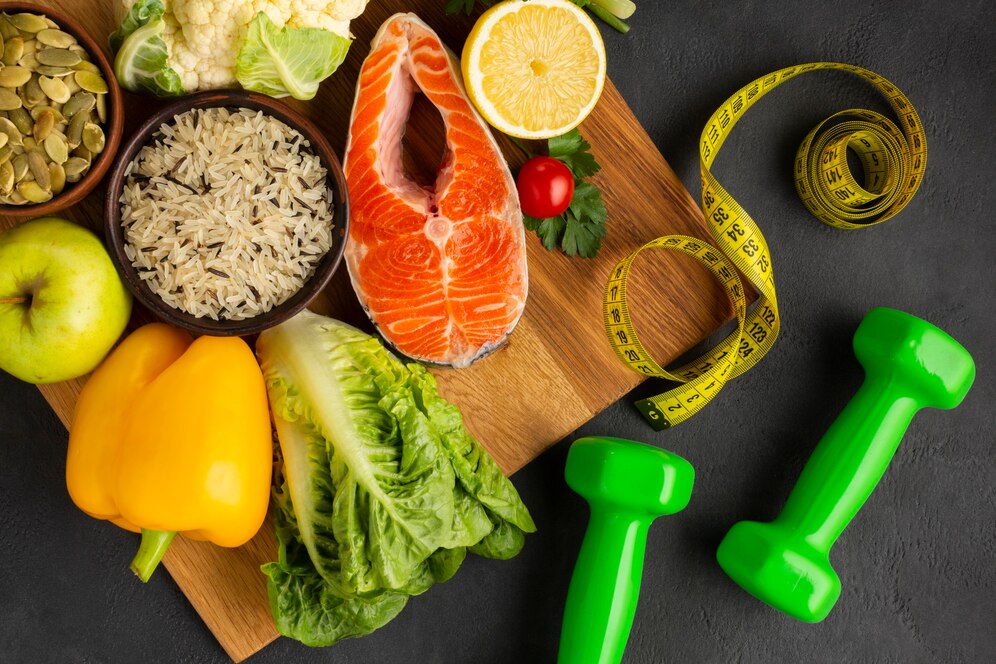
The Role of Carbs in Strength Training
As high as it sounds, nutrition is the key to your success in strength training. One contentious topic is the role of carbohydrates. Some fitness fans back low-carb diets, while others say carbs power intense workouts. Here are some things to consider, specifically regarding glycogen stores, energy for lifting, and its role in pre-workout nutrition.
A lot of folks get carbs wrong. They frequently associate them with weight gain. But when it comes to strength training, carbs can be your BFF. They are the primary source of energy for the body. Knowing how they work can boost your training and recovery.
Key Benefits of Carbs in Strength Training

Glycogen Stores: The Energy Reservoir
Carbohydrates break down into glucose, stored as glycogen in muscles and the liver. These stores are a quick energy source during high-intensity exercises like weight lifting. Your muscles depend on glycogen to fuel contractions and keep performance steady throughout your workout.
Research shows that having enough glycogen can improve workout performance, delay fatigue, and boost strength. For example, a study in the Journal of Applied Physiology found that athletes with higher glycogen levels could do more reps and maintain higher intensity than those with low glycogen.
Energy for Lifting: Powering Through Workouts
Strength training demands quick bursts of energy, especially during heavy lifts or high-rep sets. Carbohydrates are the fuel needed for these challenging workouts. Unlike fats and proteins, carbs are quickly used, making them ideal for short, intense exercise.
You might feel weaker and tire out faster if you don’t eat enough carbs. The body may even break down muscle proteins for energy, which is not suitable for strength training.
Pre-Workout Nutrition: Timing and Composition
Pre-workout meals are vital for getting the most out of strength training. Eating carbs before a workout helps keep glycogen stores full, giving you a steady energy supply during your session. The timing and makeup of your meal can significantly affect your performance.
Aim to eat a balanced meal 1-3 hours before exercising. This meal should include complex carbohydrates and proteins. Complex carbs, like whole grains, fruits, and vegetables, provide lasting energy, while proteins aid muscle repair and growth. This balance ensures you have enough energy for lifting and helps with recovery.
Step-by-Step Guide to Optimising Carbs for Strength Training
Step 1: Assess Your Carbohydrate Needs
Your carb needs depend on body weight, training intensity, and fitness goals. For strength athletes, a general guideline is 3-7 grams of carbs per kilogram of body weight daily. However, adjust your intake based on your specific needs.
Step 2: Prioritise Complex Carbohydrates
Choose complex carbohydrates, which digest slowly and provide steady energy. Foods like brown rice, quinoa, oats, sweet potatoes, and whole-grain bread are great options. These help maintain stable blood sugar levels and prevent energy crashes during workouts.
Step 3: Plan Your Pre-Workout Meal
A solid pre-workout meal is key for performance. Eat a meal rich in complex carbs and moderate protein 1-3 hours before exercising. For example, oatmeal with a banana and protein powder offers the energy and nutrients you need.
Step 4: Monitor Your Glycogen Levels
Regularly check your glycogen levels to see if your carb intake is enough. Signs of low glycogen include early fatigue, decreased performance, and muscle cramps. Adjust your carb intake to keep glycogen stores full.
Additional Expert Tips & Common Mistakes to Avoid
Best Practices for Carbohydrate Intake
- Timing is Key: Eat carbs right to improve performance and recovery. Include them in your pre-and post-workout meals to refill glycogen stores and support muscle recovery.
- Hydration Matters: Staying hydrated is essential for good carbohydrate metabolism. Drink enough water daily, especially before and after workouts.
Common Mistakes to Avoid
- Overlooking Carbohydrates: Some athletes focus too much on protein and ignore carbs. Remember, carbs are vital for energy and performance in strength training.
- Relying on Simple Sugars: While simple sugars can give a quick boost, they may lead to energy crashes. Choose complex carbs for steady energy.
Advanced Insights: Carbohydrates and Muscle Growth

Carbohydrates also play a significant role in muscle growth. They provide energy for workouts and support the processes that build muscle. Carbs trigger insulin release, which helps amino acids enter muscles, aiding protein synthesis and repair.
Eating carbs after workouts can improve recovery by refilling glycogen stores and reducing soreness. This is especially important for athletes who train frequently or intensely.
Why Carbs Are Essential for Strength Training

In conclusion, carbohydrates are essential when it comes to strength training nutrition . They fuel training, replenish glycogen stores, and boost performance. Learning about the role of carbohydrates in strength training and incorporating them into your diet can help you meet your strength training goals.
When beginning strength training, do not forget that nutrition is equally as important as the workouts. Make carbs the star of your diet, and you’ll be well on your way to building strength and enhancing performance. So make sure your glycogen stores are full before the next time you’re at the gym and ready to lift with energy.


